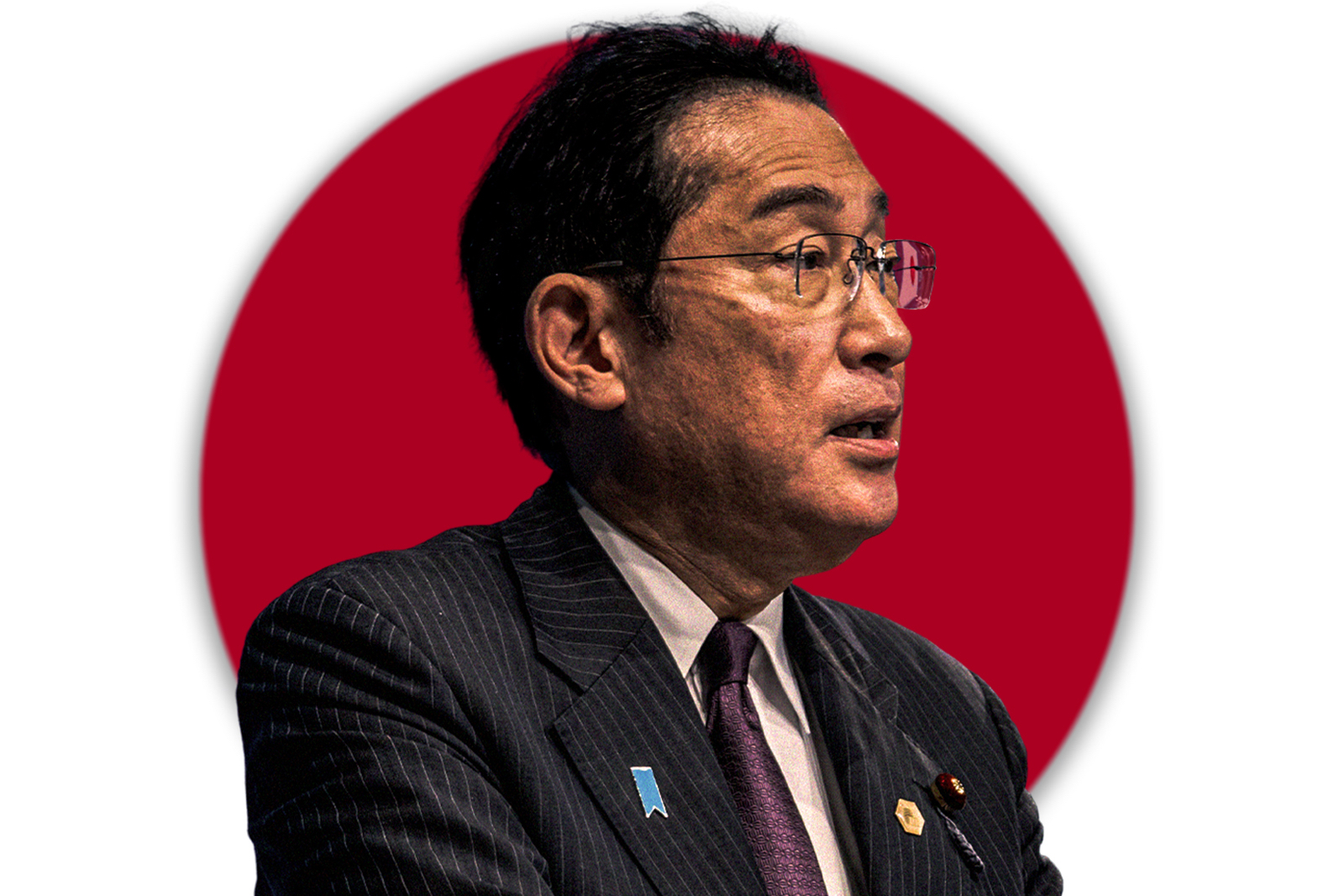
Japanese PM Kishida Announces Decision to Step Down
Japanese Prime Minister Fumio Kishida has announced his decision to resign following a series of crises that have eroded his public support to historic lows. This decision sets the stage for a leadership contest within the ruling Liberal Democratic Party (LDP) in September, with the winner poised to lead the party—and the country—until the next general election, scheduled for October 2025.
Kishida’s tenure as prime minister, which began in 2021 following his election as LDP leader and subsequent confirmation by the National Diet, has been marked by struggles to deliver the domestic reforms many hoped for. Japan’s economy, characterized by decades of low growth and deflation, showed signs of recovery, but Kishida’s signature policy, “New Capitalism,” failed to gain traction. Stagnant wages and a burgeoning cost-of-living crisis went largely unaddressed, and his inability to convincingly articulate his wealth redistribution plans unnerved Tokyo markets, resulting in what became known as the “Kishida Shock.”
For many observers, Kishida’s departure has long seemed inevitable. Earlier this year, he surpassed the average tenure of LDP prime ministers—two and a half years—but his position became increasingly untenable due to the deepening cost-of-living crisis and a significant funding scandal that rocked the LDP in December 2023. The scandal, which implicated several senior party officials, including associates of the late Shinzo Abe, in embezzlement of as much as $4 million, further eroded public trust in the party.
In February, a poll conducted by the Mainichi newspaper found that only 14% of voters approved of Kishida’s government, a figure significantly below the 30% threshold that has historically precipitated the resignation of Japanese prime ministers. Despite Kishida’s efforts to restore confidence—including attempts to dismantle the LDP’s factionalism and the dismissal of four ministers implicated in the scandal—his party suffered defeats in three by-elections, losing seats in districts that had long been considered LDP strongholds.
Kishida’s political career, however, is not without its achievements. Before becoming prime minister, he served as Japan’s longest-serving postwar Foreign Minister under Shinzo Abe, a tenure that earned him respect on the international stage. As prime minister, Kishida strengthened Japan’s alliances, particularly with the United States, which has sought to bolster its partnerships in the Indo-Pacific amid rising tensions with China. Kishida’s administration increased Japan’s defense spending to 2% of GDP, signaling a long-term commitment to national security and preserving a “free and open” Indo-Pacific.
Kishida also made significant strides in mending relations with South Korea, overcoming historical grievances related to Japan’s occupation of Korea. His efforts led South Korean President Yoon Suk Yeol to describe Japan as having transitioned from “aggressor to partner.” Under Kishida, Japan also deepened its ties with Australia and India through the Quadrilateral Security Dialogue and strengthened security partnerships with the United Kingdom and the Philippines.
As Kishida prepares to step down, attention turns to the race to succeed him, with the economy and domestic policy expected to dominate the agenda. Former Economic Security Minister Takayuki Kobayashi has been mentioned as a potential candidate, though at 49, his youth may be a disadvantage in a party whose base skews older. More likely contenders include former Trade Minister Toshimitsu Motegi and former Defense Minister Shigeru Ishiba, both of whom bring experience relevant to Japan’s current challenges: a slowing economy and an assertive China.
However, the LDP’s current crisis of confidence, exacerbated by the scandals implicating many senior figures, could create an opening for an outsider to mount a credible leadership bid. Kishida’s ability to remain in office as long as he has is widely attributed to the lack of untainted challengers within the party.
Whoever the LDP’s next leader may be, they are likely to face pressure to call a snap election before 2025, taking advantage of a potential honeymoon period and a divided opposition. The LDP, which has dominated Japanese politics since World War II and has governed for 64 of the past 69 years, could find itself facing the same challenges confronting incumbents around the globe: an electorate that has simply had enough.
If the LDP fails to regain public trust, address the country’s looming demographic crisis, and revive the economy, it may find itself vulnerable to organized opposition in 2025. The LDP has already lost 25 seats in the House of Representatives between 2017 and 2021, and further losses seem inevitable unless the new leader can reverse the party’s declining fortunes.
